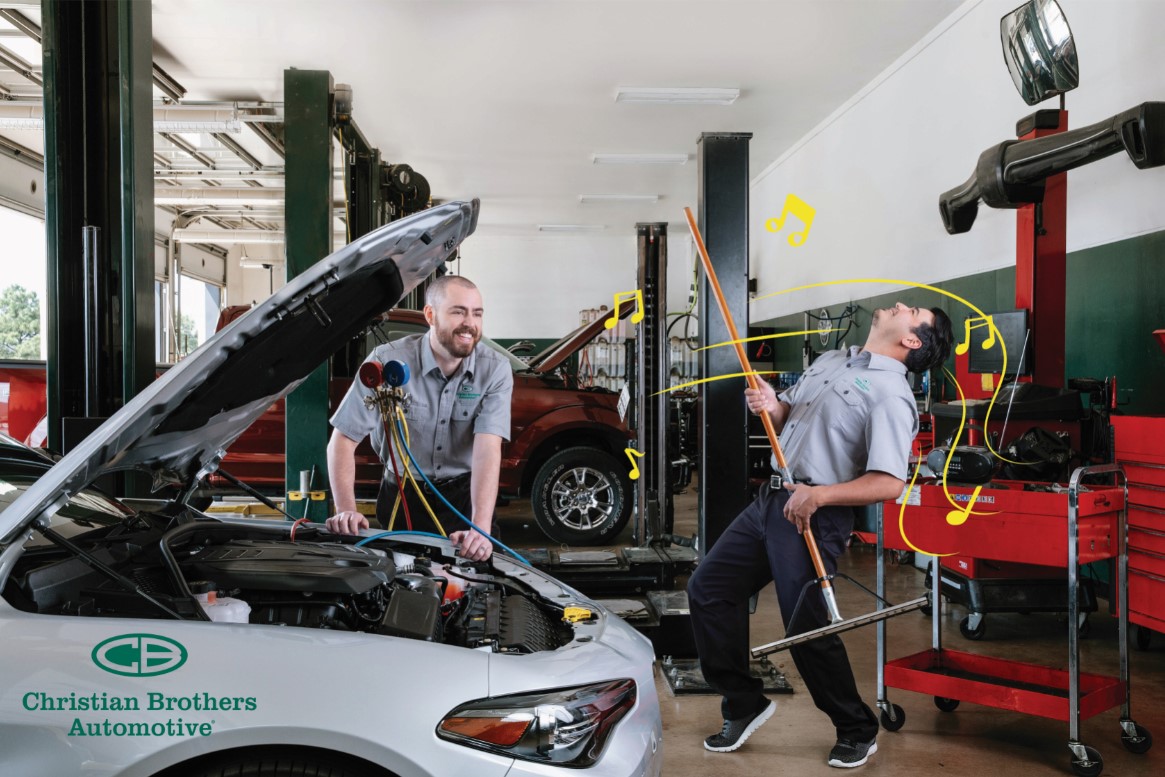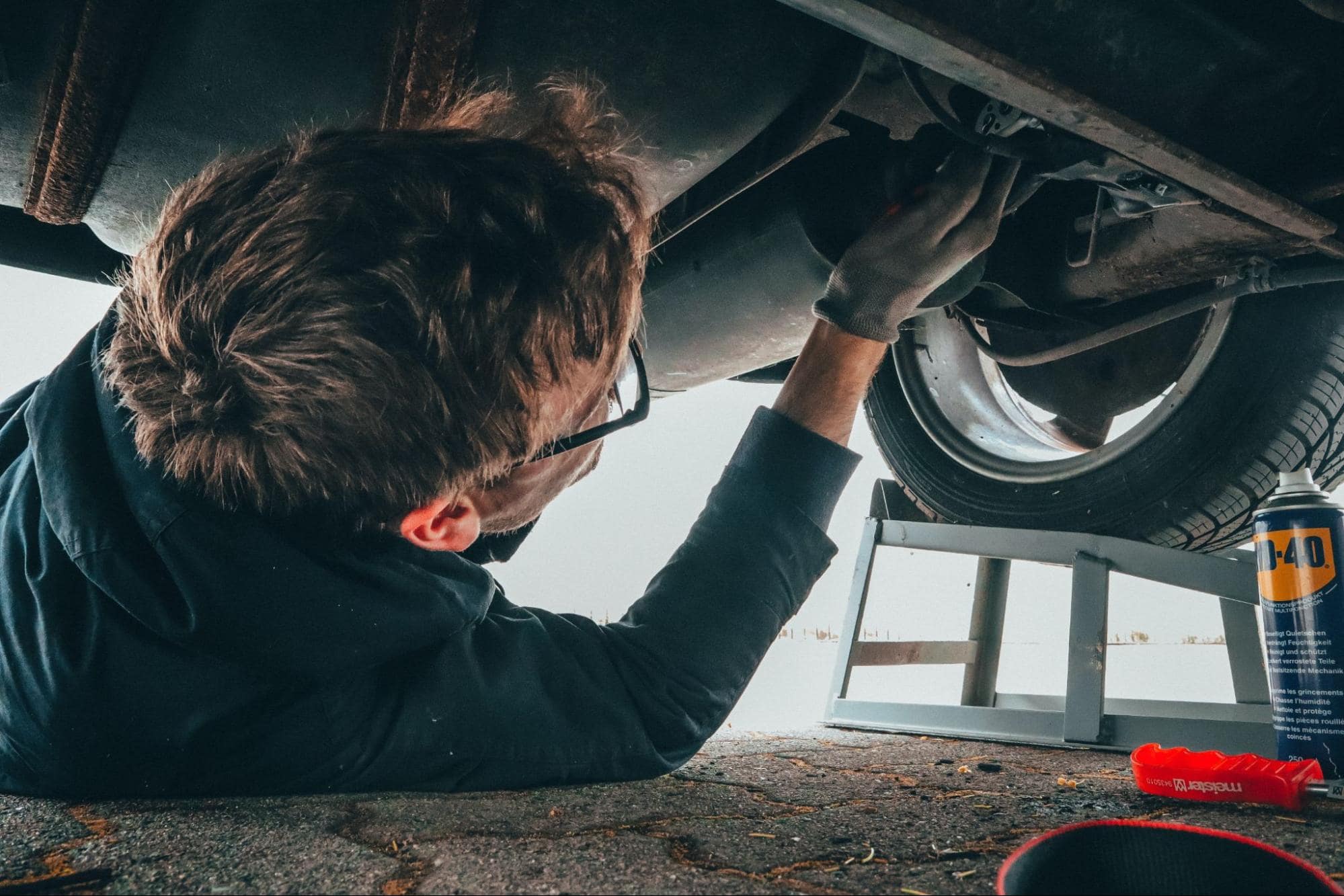All Categories
Featured
The rise of electric vehicles (EVs) has caused considerable developments in sustainable transport, yet it additionally presents an expanding concern: what happens to EV batteries when they are no more functional? These batteries, which have beneficial products such as lithium, nickel, and cobalt, can not simply be thrown out. Reusing them is vital to minimize ecological harm and recover vital sources. Repair shops have stepped into this space, providing electrical vehicle battery recycling services to meet the needs of eco-conscious EV owners.
![]()
Environmental Defense: Protecting against unsafe chemicals from contaminating soil and water. Source Recovery: Removing multiple-use products like lithium and cobalt to reduce the need for new mining operations. Power Effectiveness: Recycling makes use of less energy than sourcing raw materials, adding to a lower carbon impact. As countless EV batteries are anticipated to get to completion of their lifecycle in the coming years, the need for reusing solutions has actually never been greater.
Collection and Safe Storage: Lots of service center collect made use of EV batteries from clients and store them securely up until they can be moved to recycling centers. Partnerships with Recyclers: Shops typically team up with specialized recycling companies that remove and repurpose valuable products. Repurposing Efforts: Some batteries, although no more ideal for automobiles, can be repurposed for fixed power storage space options, a service some repair service shops assist in. 3. Partnerships with Makers and Recycling Programs. To improve the reusing process, fixing shops usually partner with EV makers and third-party recyclers. Examples consist of:
Supplier Programs: Brands like Nissan and BMW have actually implemented battery recycling campaigns, utilizing qualified repair stores to accumulate and manage utilized batteries. Third-Party Recyclers: Firms like Redwood Products and Li-Cycle deal with independent repair service stores to reuse batteries from numerous EV brands. These collaborations guarantee that recycling is handled sensibly and efficiently, with marginal ecological influence.
Ease: Clients can reuse batteries in your area without browsing intricate reusing networks. Price Savings: Some shops offer trade-in credit histories or price cuts on replacement batteries when consumers recycle their old ones. Sustainability Guarantee: Partnering with respectable stores warranties that batteries are recycled in conformity with ecological laws. 5. Challenges in Expanding Recycling Services. Regardless of development, there are difficulties to making battery reusing generally readily available:
Educating Demands: Taking care of EV batteries safely requires specialized understanding and tools, which not all repair shops possess. Expense of Recycling: Carrying and refining batteries can be costly, posturing a barrier for smaller shops. Minimal Framework: In some areas, access to recycling centers is still underdeveloped. Makers and governments are functioning to address these problems with motivations, financing, and study right into more reliable recycling technologies.
![]()
Conclusion. Yes, service center offering electrical car battery recycling are becoming an important part of the EV ecosystem. By collaborating with makers, recyclers, and ecological programs, these businesses are aiding to make certain that the transition to electrical transport is as lasting as feasible.
For EV proprietors, choosing service center with reusing abilities is not just a sensible choice yet also an accountable one. Together, repair service customers, manufacturers, and shops can create a lasting future where EV batteries are not thrown away but repurposed, recycled, and recycled for the advantage of the world.

- The Relevance of Reusing EV Batteries. Unlike standard vehicle batteries, EV batteries are intricate and big, with one-of-a-kind recycling requirements. Appropriate recycling is vital for several reasons:
Environmental Defense: Protecting against unsafe chemicals from contaminating soil and water. Source Recovery: Removing multiple-use products like lithium and cobalt to reduce the need for new mining operations. Power Effectiveness: Recycling makes use of less energy than sourcing raw materials, adding to a lower carbon impact. As countless EV batteries are anticipated to get to completion of their lifecycle in the coming years, the need for reusing solutions has actually never been greater.
- How Fixing Shops Contribute to Battery Recycling. Repair shops play an essential duty in the EV ecological community by supplying efficient and accessible recycling options. Right here's how they sustain sustainability:
Collection and Safe Storage: Lots of service center collect made use of EV batteries from clients and store them securely up until they can be moved to recycling centers. Partnerships with Recyclers: Shops typically team up with specialized recycling companies that remove and repurpose valuable products. Repurposing Efforts: Some batteries, although no more ideal for automobiles, can be repurposed for fixed power storage space options, a service some repair service shops assist in. 3. Partnerships with Makers and Recycling Programs. To improve the reusing process, fixing shops usually partner with EV makers and third-party recyclers. Examples consist of:
Supplier Programs: Brands like Nissan and BMW have actually implemented battery recycling campaigns, utilizing qualified repair stores to accumulate and manage utilized batteries. Third-Party Recyclers: Firms like Redwood Products and Li-Cycle deal with independent repair service stores to reuse batteries from numerous EV brands. These collaborations guarantee that recycling is handled sensibly and efficiently, with marginal ecological influence.
- Benefits for EV Proprietors. Repair stores offering battery recycling solutions offer substantial advantages to EV proprietors:
Ease: Clients can reuse batteries in your area without browsing intricate reusing networks. Price Savings: Some shops offer trade-in credit histories or price cuts on replacement batteries when consumers recycle their old ones. Sustainability Guarantee: Partnering with respectable stores warranties that batteries are recycled in conformity with ecological laws. 5. Challenges in Expanding Recycling Services. Regardless of development, there are difficulties to making battery reusing generally readily available:
Educating Demands: Taking care of EV batteries safely requires specialized understanding and tools, which not all repair shops possess. Expense of Recycling: Carrying and refining batteries can be costly, posturing a barrier for smaller shops. Minimal Framework: In some areas, access to recycling centers is still underdeveloped. Makers and governments are functioning to address these problems with motivations, financing, and study right into more reliable recycling technologies.

- The Future of EV Battery Recycling. As the EV market proceeds to expand, the function of service center in battery recycling will become much more essential. Governing requirements are encouraging producers and repair service networks to create detailed recycling systems. Arising modern technologies are also boosting the effectiveness of material recuperation, making reusing more cost-effective and extensively easily accessible.
Conclusion. Yes, service center offering electrical car battery recycling are becoming an important part of the EV ecosystem. By collaborating with makers, recyclers, and ecological programs, these businesses are aiding to make certain that the transition to electrical transport is as lasting as feasible.
For EV proprietors, choosing service center with reusing abilities is not just a sensible choice yet also an accountable one. Together, repair service customers, manufacturers, and shops can create a lasting future where EV batteries are not thrown away but repurposed, recycled, and recycled for the advantage of the world.
Latest Posts
Transform Your Shower Room Without the Anxiety
Published Apr 28, 25
1 min read
The Convenience and Performance of Billing Your EV
Published Apr 28, 25
1 min read
Chill, Sip, and Enjoy at Shake Street
Published Apr 28, 25
2 min read